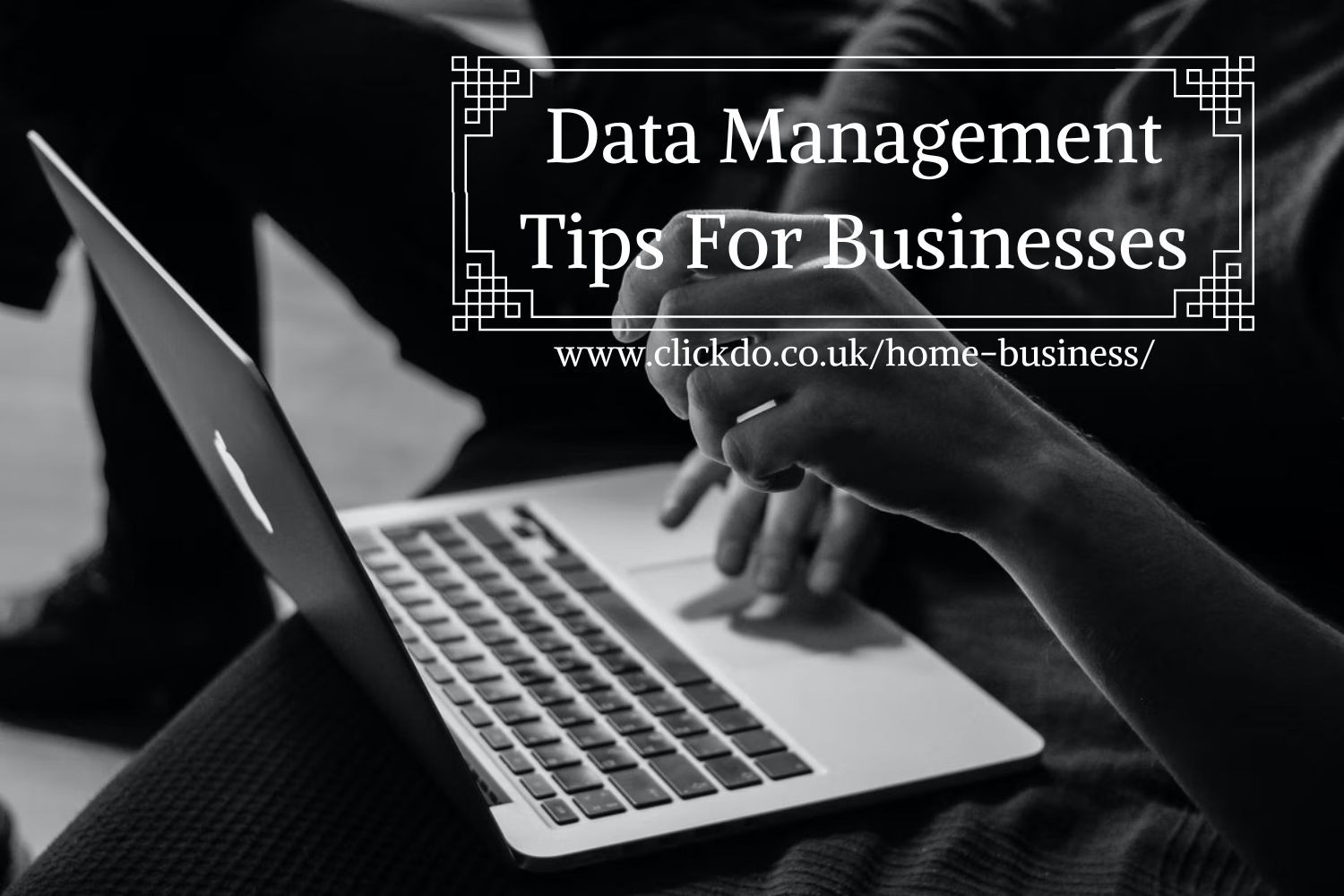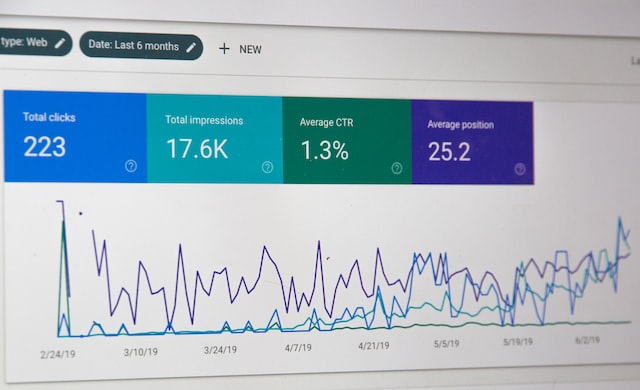
6 Data Management Tips For Businesses You Might Not Know
You don’t want to make the mistake of not being up to scratch with the latest digital business technologies and solutions to grow your company digitally.
If you’re like most business owners, you’re always on the lookout for innovative methods to enhance business aspects like data management abilities. After all, good data management is critical for success in today’s marketplace.
But what are some ideas that you may not have heard before? We’ll go through six data management suggestions in this blog article that you may not have previously heard.
These pointers will assist you in improving your data management skills and increasing your company’s profitability!
Table of Contents
1. Be proactive about data management

The first tip is to be proactive about data management. You can’t just wait for things to happen; you need to actively manage your data. This means having a plan in place for how you will collect, store, and use your data. It also means being aware of the potential risks that come with managing data. By being proactive, you can avoid many of the problems that can occur with data management.
Proactive data management also includes regularly backing up your data in a cloud system. This way, if something does happen to your data, you will have a copy to fall back on. Additionally, you should consider encrypting your backups to protect them from unauthorized access.
2. Collect data intelligently

The second tip is to collect data intelligently. This means collecting only the data that you need and nothing more. There is no reason to collect data that you will never use. Not only does this waste storage space, but it can also make your data management system more difficult to use. When collecting data, always think about what you will use it for and how you will access it.
When collecting data, you should also be aware of the different types of data. There are two main types of data: structured and unstructured. Structured data is easy to organize and use because it is in a predefined format. Unstructured data, on the other hand, is more difficult to work with because it is not in a predefined format.
3. Store data securely

The third tip is to store data securely. This means keeping your data in a safe place where it can’t be lost or stolen. There are several ways to do this, such as storing data in the cloud or on an encrypted hard drive.
Namely, professionals from Satoricyber provided a helpful article on snowflake data management. In the section “what is Snowflake“, you can learn more about this type of data management. Another option for storing data is to use an encrypted hard drive. Encrypted hard drives are a good choice for storing sensitive data because they are very difficult to hack. However, they can be more expensive than other storage options.
4. Use data wisely

This means using data to improve your business, not just to make it run more smoothly. Data can be used to improve customer service, marketing, and even sales.
One way to use data wisely is to segment your customers. Segmenting your customers allows you to better target them with your marketing efforts. Additionally, it can help you improve your customer service by tailoring it to specific groups of customers.
5. Protect data from unauthorized access
 The fifth tip is to protect data from unauthorized access. This means keeping your data safe from people who should not have access to it. There are several ways to do this, such as password-protecting files and encrypting data.
The fifth tip is to protect data from unauthorized access. This means keeping your data safe from people who should not have access to it. There are several ways to do this, such as password-protecting files and encrypting data.
Namely, you can try to password-protect your data or encrypt it. Password protection will prevent unauthorized access by requiring a password to open the file. Data encryption, on the other hand, will make the data unreadable without a key.
6. Destroy data when it is no longer needed

The last tip is to destroy data when it is no longer needed. This means deleting or shredding data that you no longer need. Data should only be kept for as long as it is needed. After that, it should be destroyed to protect the privacy of those who are included in the data. In that case, you should consider hiring a professional data destruction company.
To conclude, following these six tips will help you manage your business data more effectively. By collecting data intelligently, storing it securely, and using it wisely, you can make sure that your data is always available when you need it and that it is protected from those who should not have access to it. Finally, by destroying data when it is no longer needed, you can protect the privacy of those who are included in the data.

